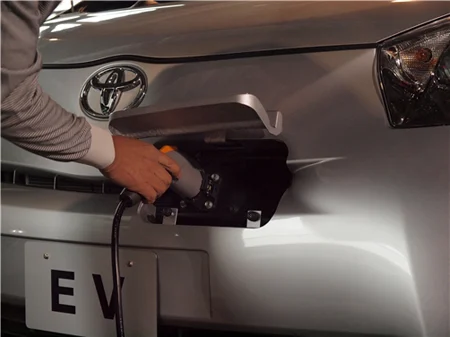Findings from a new consumer study from Accenture suggest that the majority of global buyers are willing to purchase an electric vehicle or plug-in hybrid.
However, current preferences, particularly how the cars should be charged, could make infrastructure rollout unnecessarily complex and costly.

The research company surveyed over 7,000 people in thirteen different countries to compile the results, and found that 68% of global respondents (a staggering 96% in China) are looking to purchase a green vehicle within the next three years, 23% saying they certainly will.
Yet, these results come with some serious conflicts to the smart grid.
67% of respondents are not willing to have electric charging stations limit when they can fuel, 62% do not want to use a battery-switching service like the program with Better Place, and 55% would charge only when necessary – not at regularly scheduled intervals.
These consumer preferences will make it more difficult for service providers to take advantage of the grid’s off-peak rates, and for analysts to predict trends for when demand will be highest.
Although an all-electric vehicle like the Nissan Leaf offers a 100 mile range on a full charge, 71% of respondents prefer a plug-in hybrid like the Chevy Volt because of its extended range, and 70% say that charging times for electric vehicles are too long.
Finally, 80% of people want to know how the electrical power is being generated, the vast majority wanting their cars to be fueled by renewable resources like wind or solar, and most want to be able to fuel up at a service station and pay for the electricity they use on the spot.
To summarize, according to this report, global consumers want an electric car with a range near 300 miles that can be charged very quickly, from electricity that comes from clean sources, while on-the-go like modern gas stations.
It seems there’s a wide gap between infrastructure, supply, and market knowledge. Both companies and customers will likely have to make shifts in current expectations to find a profitable common ground.






